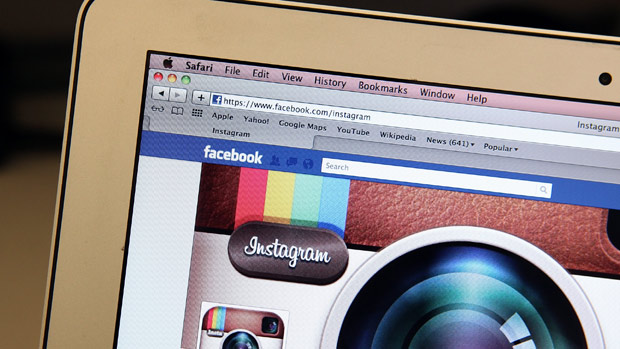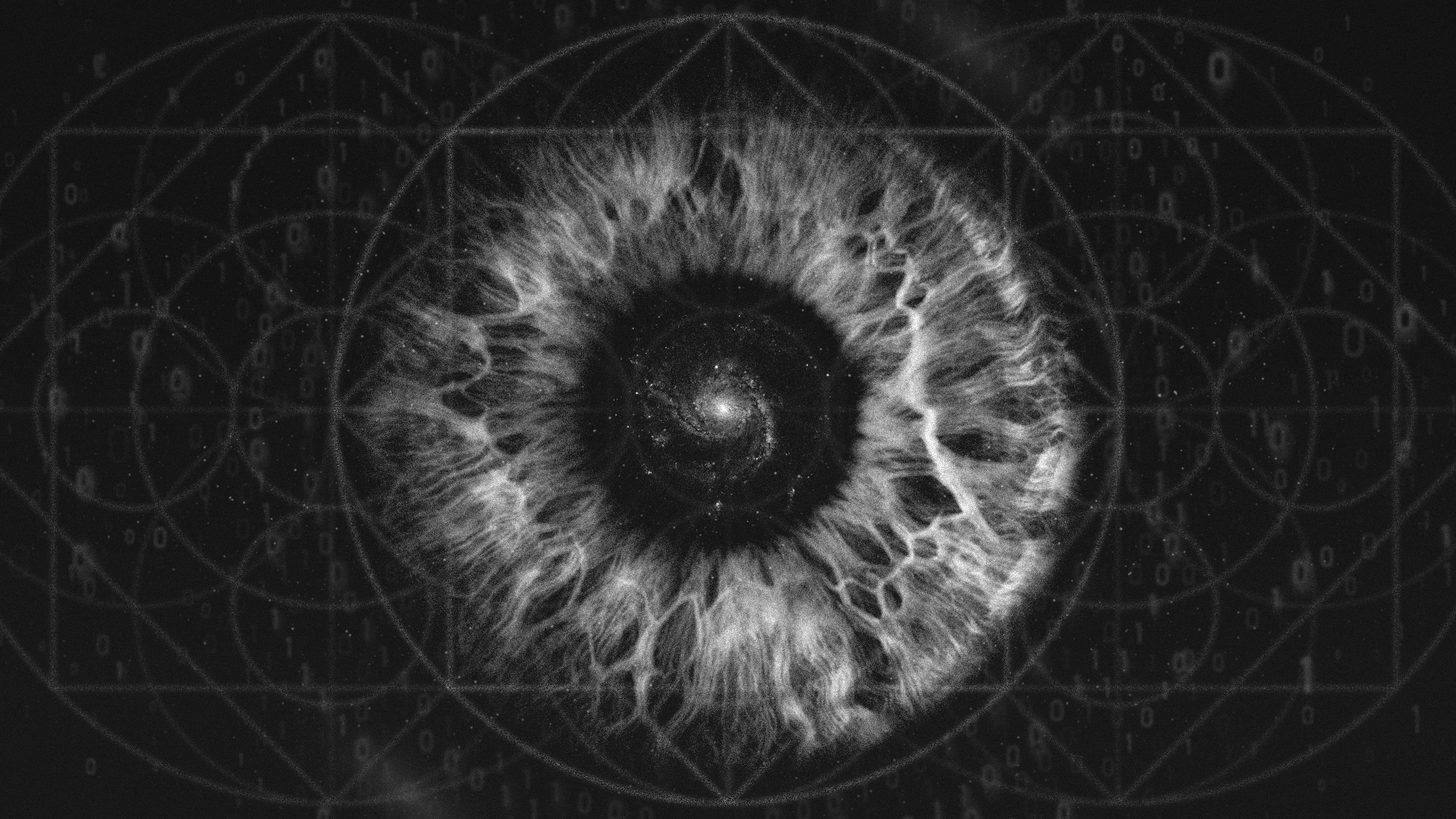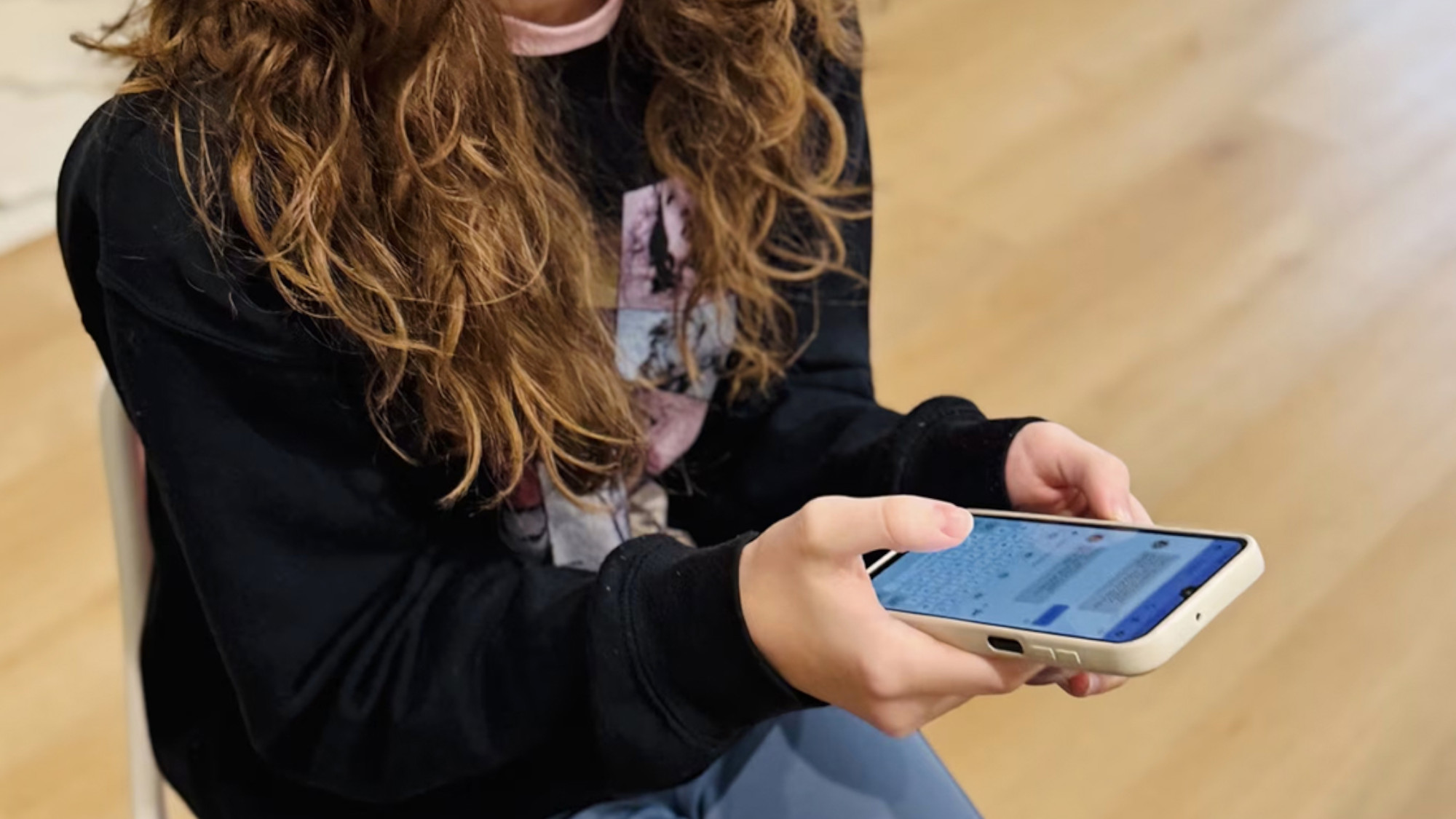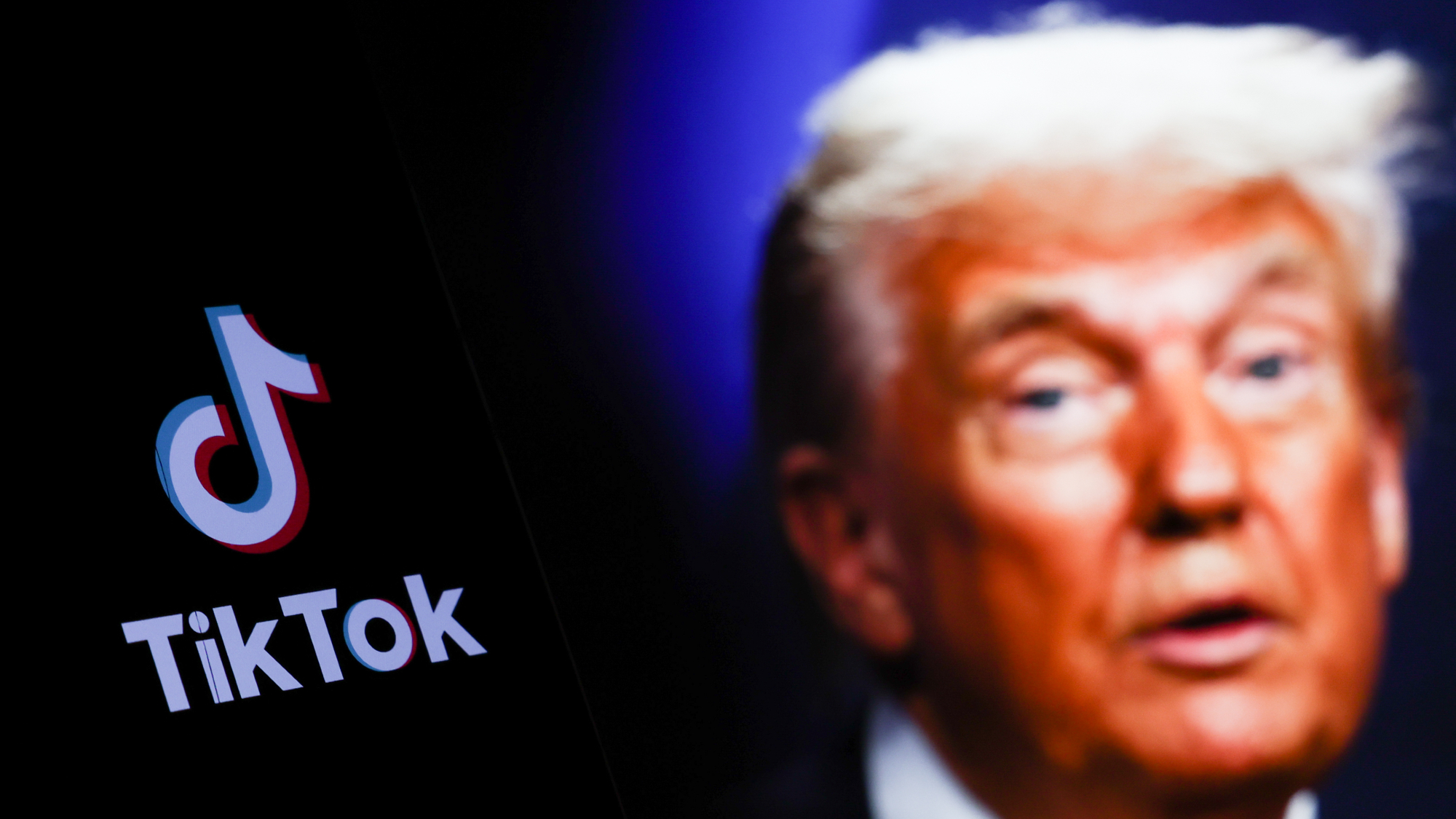Instagram rated worst social network for mental health
Photo-sharing app considered to have a negative impact on body image and sleep pattern

A free daily email with the biggest news stories of the day – and the best features from TheWeek.com
You are now subscribed
Your newsletter sign-up was successful
Instagram is the worst social network for users' mental health, according to a poll conducted by the Royal Society for Public Health (RSPH).
More than 1,400 young people aged 14 to 24 were asked to score social media platforms for their negative impacts, citing anxiety, depression, loneliness, bullying and body image.
The photo-sharing app came bottom, with users saying it impacted on their body image and sleep pattern and increased "fomo" - the fear of missing out.
The Week
Escape your echo chamber. Get the facts behind the news, plus analysis from multiple perspectives.

Sign up for The Week's Free Newsletters
From our morning news briefing to a weekly Good News Newsletter, get the best of The Week delivered directly to your inbox.
From our morning news briefing to a weekly Good News Newsletter, get the best of The Week delivered directly to your inbox.
It was followed by Snapchat, Facebook, Twitter and YouTube.
The survey is the centrepiece of a report by RSPH and the organisation Young Health Movement which recommends social media platforms introduce pop-up warnings to advice people when to rest rest after a period of heavy usage.
Some 71 per cent of the young people surveyed said they would back such a system.
The report also proposes that social media platforms identify those who may have mental health problems through the content they post and then "discretely signpost" where they can find support.
A free daily email with the biggest news stories of the day – and the best features from TheWeek.com
A third recommendation calls on the sites to flag up images that have been digitally manipulated in an attempt to avoid damaging a user's body image.
However, the survey also found instances where Instagram was considered good. It was ranked favourably for facilitating self-expression, community building and helping users find a sense of self-identity.
Facebook rated negatively for bullying and affecting sleep patterns but positively for emotional support and building online communities. YouTube was the only site felt to have a more positive than negative impact on users.
-
 How the FCC’s ‘equal time’ rule works
How the FCC’s ‘equal time’ rule worksIn the Spotlight The law is at the heart of the Colbert-CBS conflict
-
 What is the endgame in the DHS shutdown?
What is the endgame in the DHS shutdown?Today’s Big Question Democrats want to rein in ICE’s immigration crackdown
-
 ‘Poor time management isn’t just an inconvenience’
‘Poor time management isn’t just an inconvenience’Instant Opinion Opinion, comment and editorials of the day
-
 Moltbook: The AI-only social network
Moltbook: The AI-only social networkFeature Bots interact on Moltbook like humans use Reddit
-
 Are Big Tech firms the new tobacco companies?
Are Big Tech firms the new tobacco companies?Today’s Big Question A trial will determine whether Meta and YouTube designed addictive products
-
 Is social media over?
Is social media over?Today’s Big Question We may look back on 2025 as the moment social media jumped the shark
-
 The dark side of how kids are using AI
The dark side of how kids are using AIUnder the Radar Chatbots have become places where children ‘talk about violence, explore romantic or sexual roleplay, and seek advice when no adult is watching’
-
 Australia’s teen social media ban takes effect
Australia’s teen social media ban takes effectSpeed Read Kids under age 16 are now barred from platforms including YouTube, TikTok, Instagram, Facebook, Snapchat and Reddit
-
 Spiralism is the new cult AI users are falling into
Spiralism is the new cult AI users are falling intoUnder the radar Technology is taking a turn
-
 Your therapist, the chatbot
Your therapist, the chatbotFeature Americans are increasingly turning to artificial intelligence for mental health support. Is that sensible?
-
 Trump allies reportedly poised to buy TikTok
Trump allies reportedly poised to buy TikTokSpeed Read Under the deal, U.S. companies would own about 80% of the company